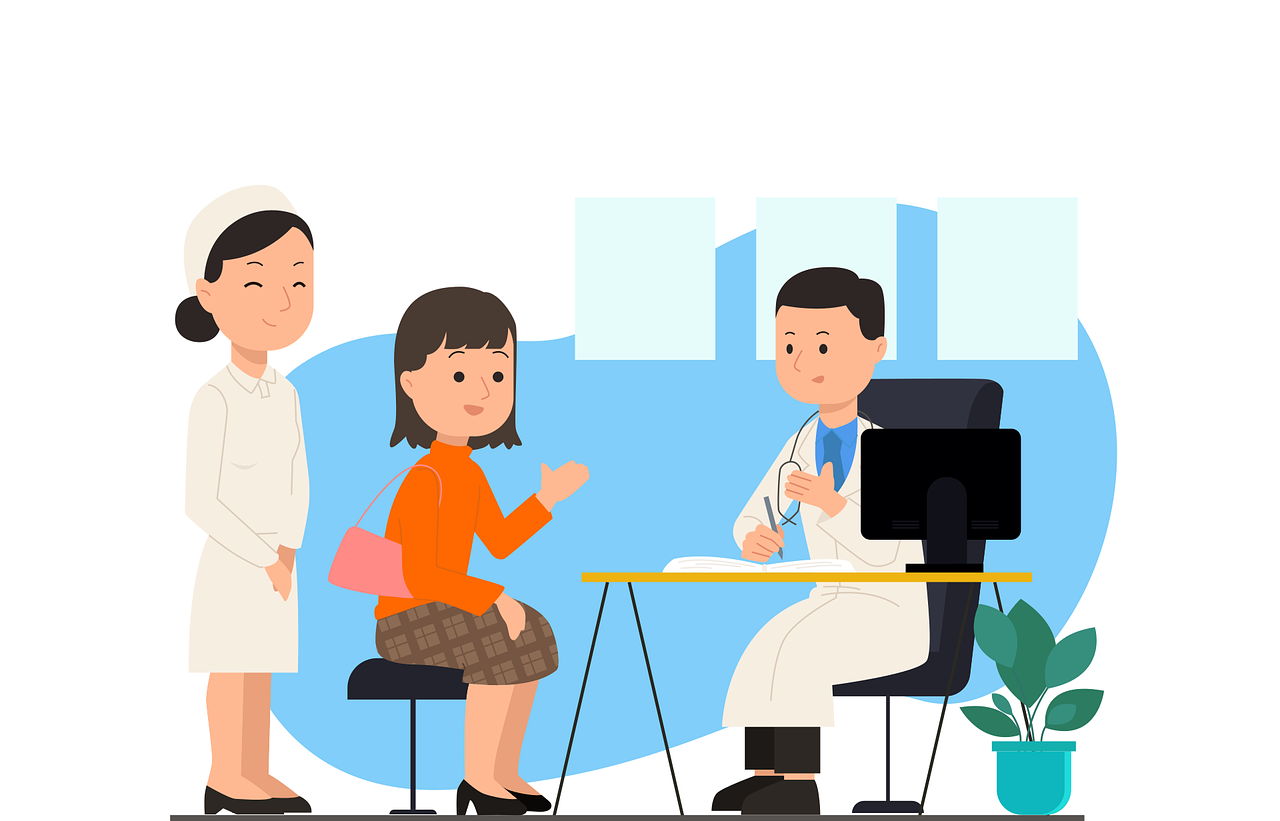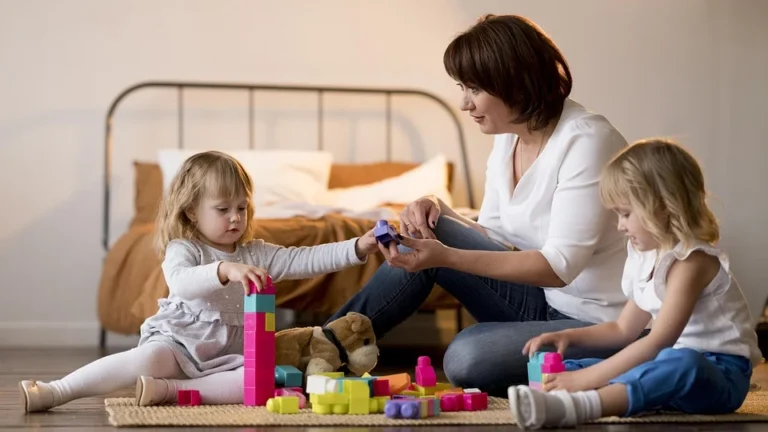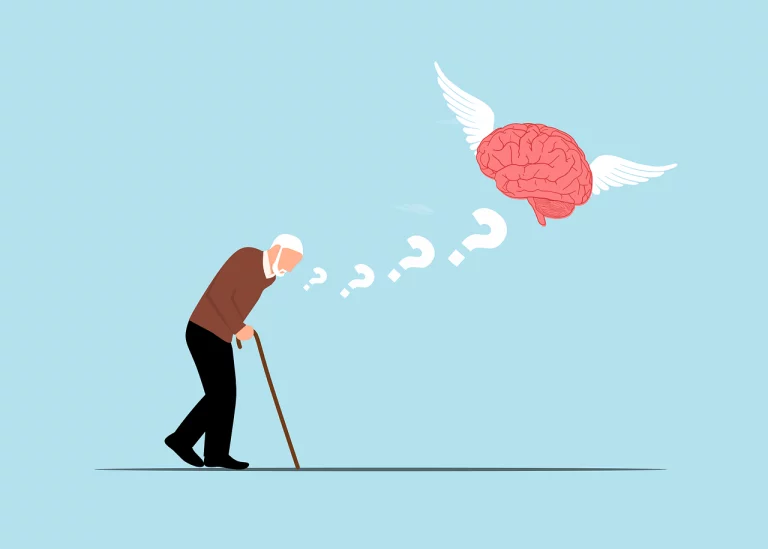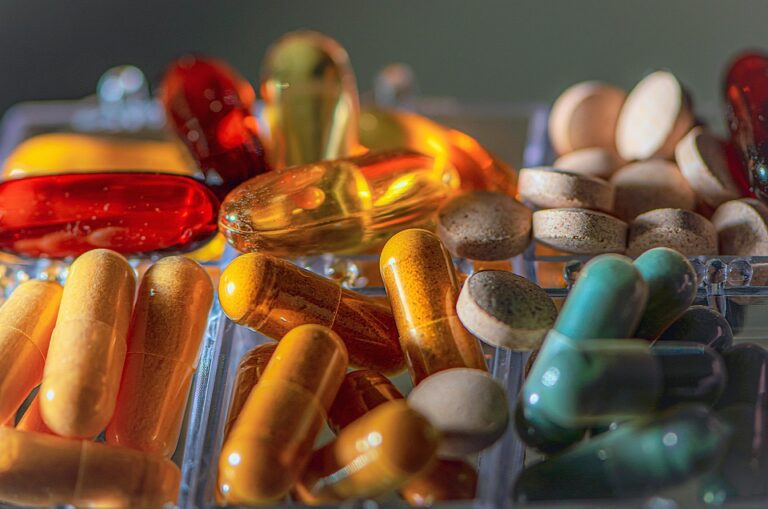Book Appointment Now

Non-Chemical Treatment Plans for ADHD Patients
Attention-Deficit/Hyperactivity Disorder (ADHD) is a common neurodevelopmental disorder that affects both children and adults, characterized by symptoms such as inattention, hyperactivity, and impulsivity. While medication is a well-known treatment method, many patients and families seek non-chemical treatment plans for ADHD to avoid potential side effects or enhance overall well-being. This article explores various non-medication approaches that can be effective in managing ADHD symptoms.
Do you need essay writing help about ADHD and its non-chemical treatment plan? ![]()
Understanding Non-Chemical Treatments for ADHD
Non-chemical treatments, also known as non-pharmacological or natural treatments, focus on behavioral, psychological, and lifestyle interventions to help manage ADHD symptoms. These approaches aim to improve concentration, reduce hyperactivity, and promote emotional regulation without relying on medications.
Effective Non-Chemical Treatment Plans for ADHD
There are several non-medication approaches for ADHD that have shown promise in improving symptoms:
Behavioral Therapy
- Cognitive Behavioral Therapy (CBT): CBT is a type of psychotherapy that helps patients recognize and change negative thought patterns and behaviors. It is particularly effective in addressing impulsivity, emotional regulation, and problem-solving skills.
- Parent Training and Education: Parents learn specific strategies to support their children with ADHD, such as positive reinforcement, setting clear expectations, and using consistent discipline.
Lifestyle Changes and Strategies
- Diet and Nutrition: A balanced diet that includes whole grains, lean proteins, fruits, and vegetables can help stabilize mood and energy levels. Some studies suggest that reducing sugar and artificial additives may benefit some children with ADHD.
- Regular Physical Activity: Exercise is a powerful tool for managing ADHD symptoms. Physical activities like aerobic exercise, yoga, or martial arts can help improve focus, reduce hyperactivity, and boost mood.
Mindfulness and Relaxation Techniques
- Mindfulness Meditation: Mindfulness practices, such as deep breathing and meditation, help patients develop greater self-awareness, improve focus, and reduce impulsivity.
- Progressive Muscle Relaxation: Techniques that involve tensing and relaxing muscle groups can help reduce anxiety and enhance overall emotional regulation in ADHD patients.
Role of Nurses in Supporting Non-Chemical Treatments for ADHD
Nurses play a crucial role in developing and implementing non-chemical treatment plans for ADHD patients. Key responsibilities include:
Educating Patients and Families
- Providing Resources and Information: Nurses can educate patients and families about various non-chemical treatment options, helping them understand how these approaches can complement or substitute medication.
- Guidance on Implementation: Offering practical tips and support for integrating lifestyle changes, behavioral strategies, and mindfulness techniques into daily routines.
Monitoring Progress and Adjusting Plans
- Regular Follow-Up: Nurses should monitor the effectiveness of non-chemical interventions, track progress, and make adjustments to treatment plans as needed.
- Collaborative Approach: Working closely with multidisciplinary teams, including psychologists, dietitians, and occupational therapists, to ensure a holistic approach to ADHD management.
Practical Tips for Implementing Non-Chemical Treatments
To maximize the benefits of non-chemical treatment plans for ADHD, consider the following tips:
Set Realistic Goals and Expectations
- Individualized Approach: Understand that each patient’s experience with ADHD is unique. Tailor treatment plans to their specific needs and adjust strategies over time.
- Small Steps and Consistency: Encourage small, manageable changes that can be maintained consistently, such as daily exercise routines or regular mindfulness practice.
Foster a Supportive Environment
- Involve Family Members: Encourage family participation in implementing and supporting treatment plans to create a consistent and supportive environment.
- Create Structure and Routine: Establish a daily routine to help patients manage time, stay organized, and reduce stress.
Exploring non-chemical treatment plans for ADHD offers valuable alternatives or complements to medication, addressing the diverse needs of patients. Through behavioral therapy, lifestyle changes, mindfulness techniques, and other non-medication approaches, individuals with ADHD can achieve better symptom management and an improved quality of life. Nurses play a vital role in guiding, educating, and supporting these patients and their families, fostering a holistic approach to ADHD care.







